It was 1967 and the post-Super Bowl I media room had broken out into laughter.
Moments earlier, legendary Green Bay Packers head coach Vince Lombardi had said something rather patronizing to both the Chiefs and to an even greater extent, the entire American Football League.
"I think the Kansas City team is a real tough football team, but it doesn't compare with the National Football League teams.
"That's what you want me to say. I said it."
In those days, the Super Bowl worked a bit differently than it does today, 48 games later. The AFL and the NFL, as they would until 1970, still existed as two separate entities and the way it worked was that the two respective champions would face off in the Super Bowl.
Therefore, Super Bowl I featured the AFL champion Kansas City Chiefs and NFL champion Green Bay Packers, and because this was the first time representatives of the two leagues were competing to crown one single champion, whether or not the AFL teams could play with what was considered the premiere American football league in the NFL was still very much up for debate.
Highlights from Super Bowl I featuring the Packers vs. Chiefs.



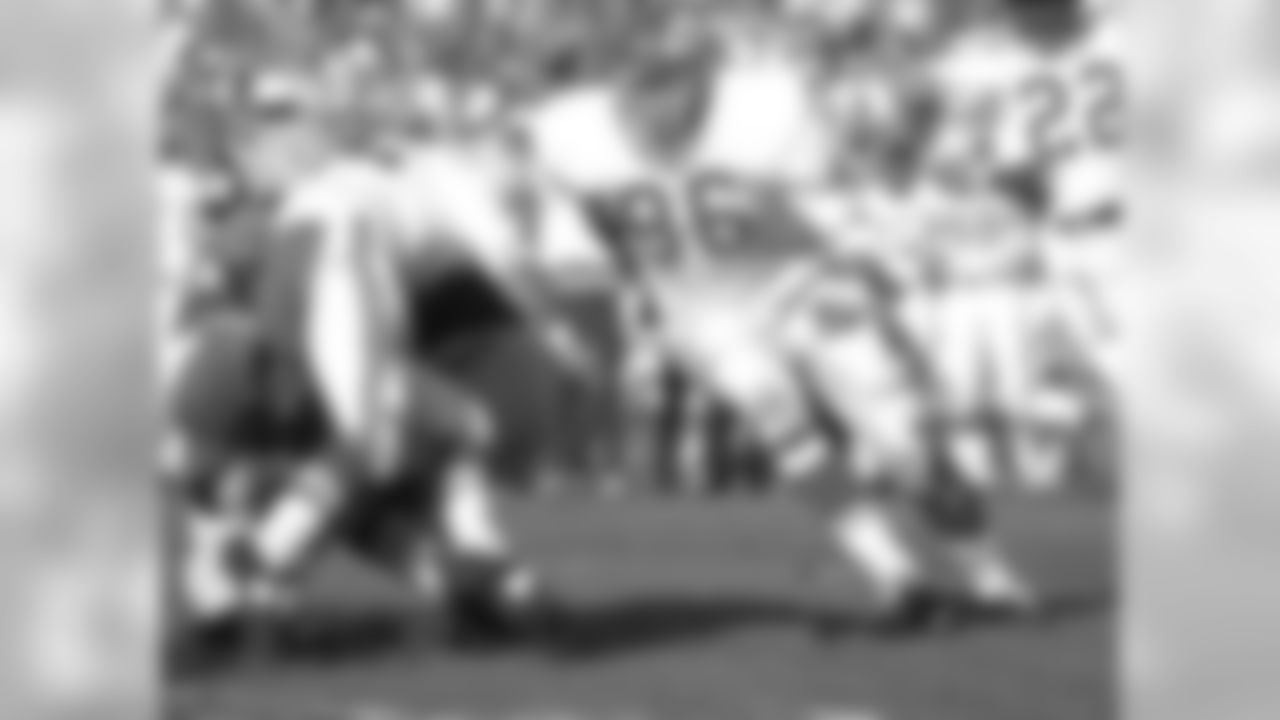
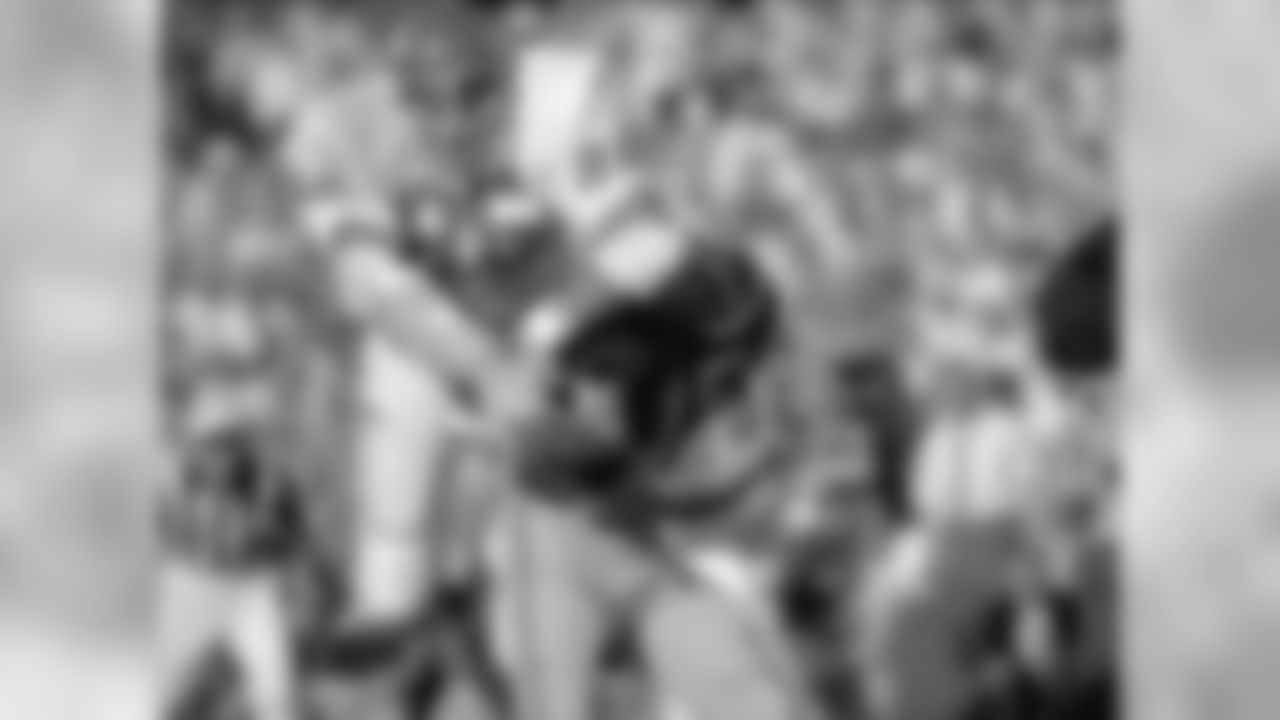

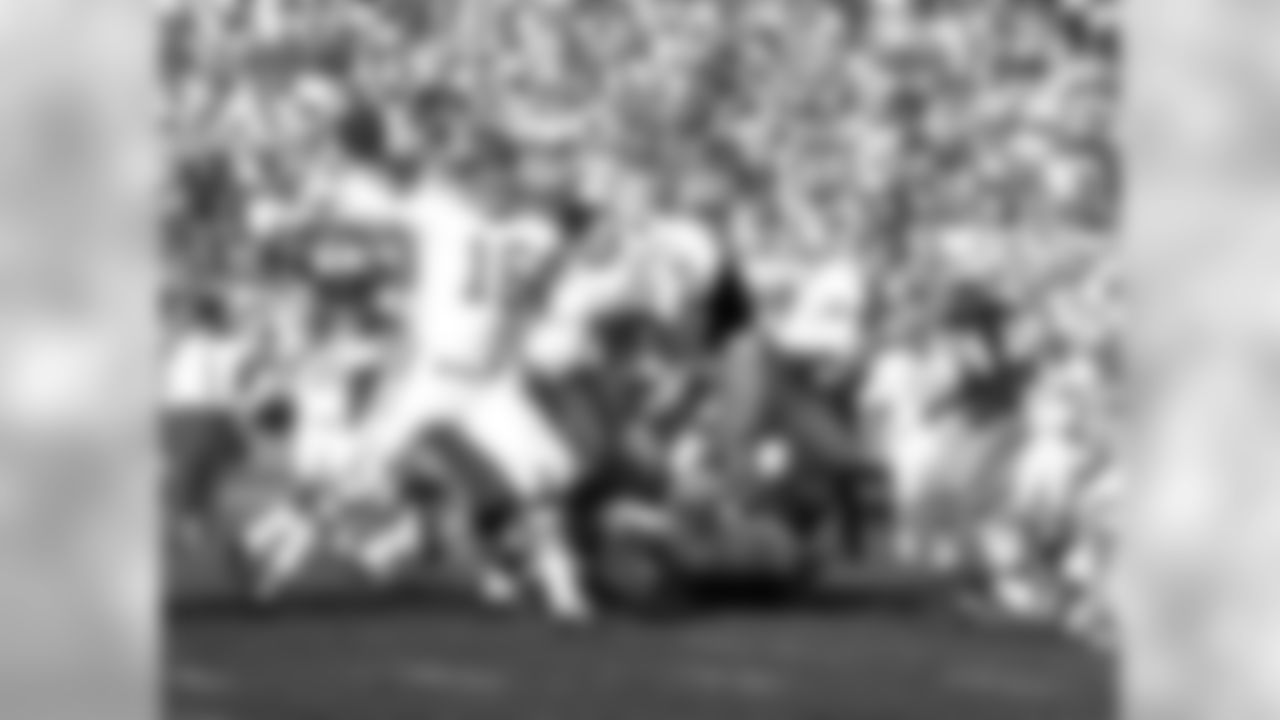
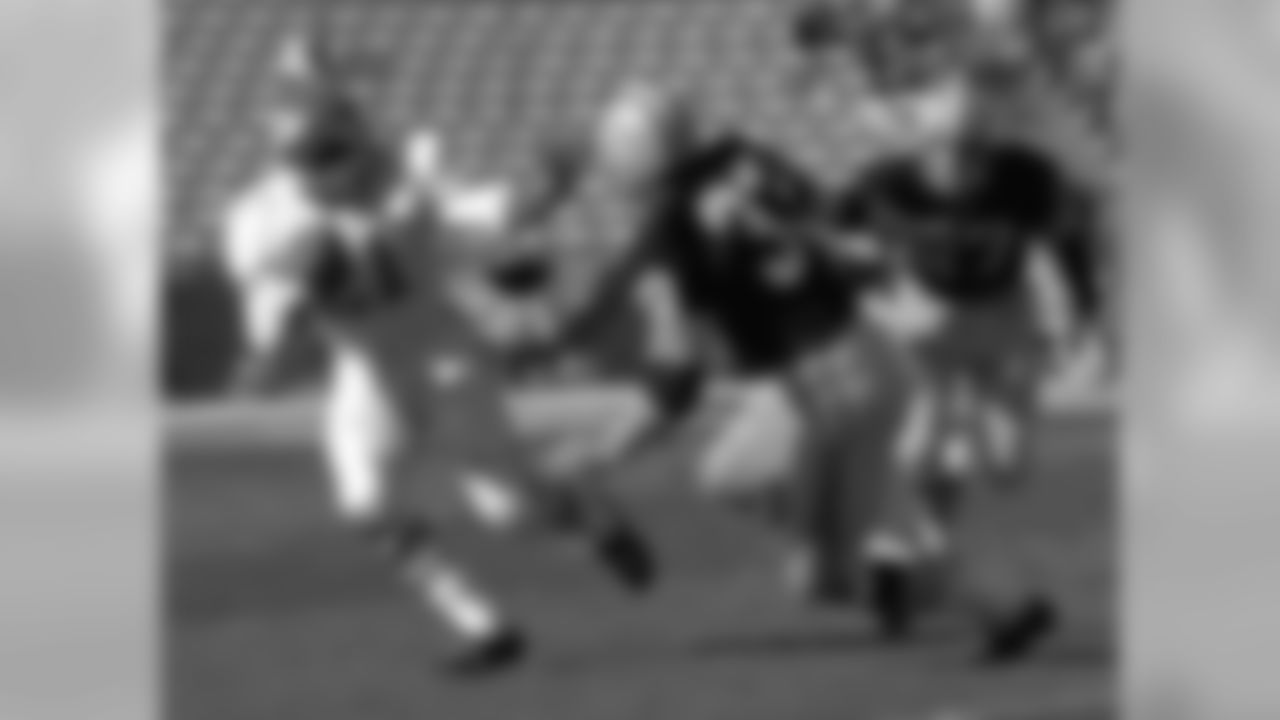
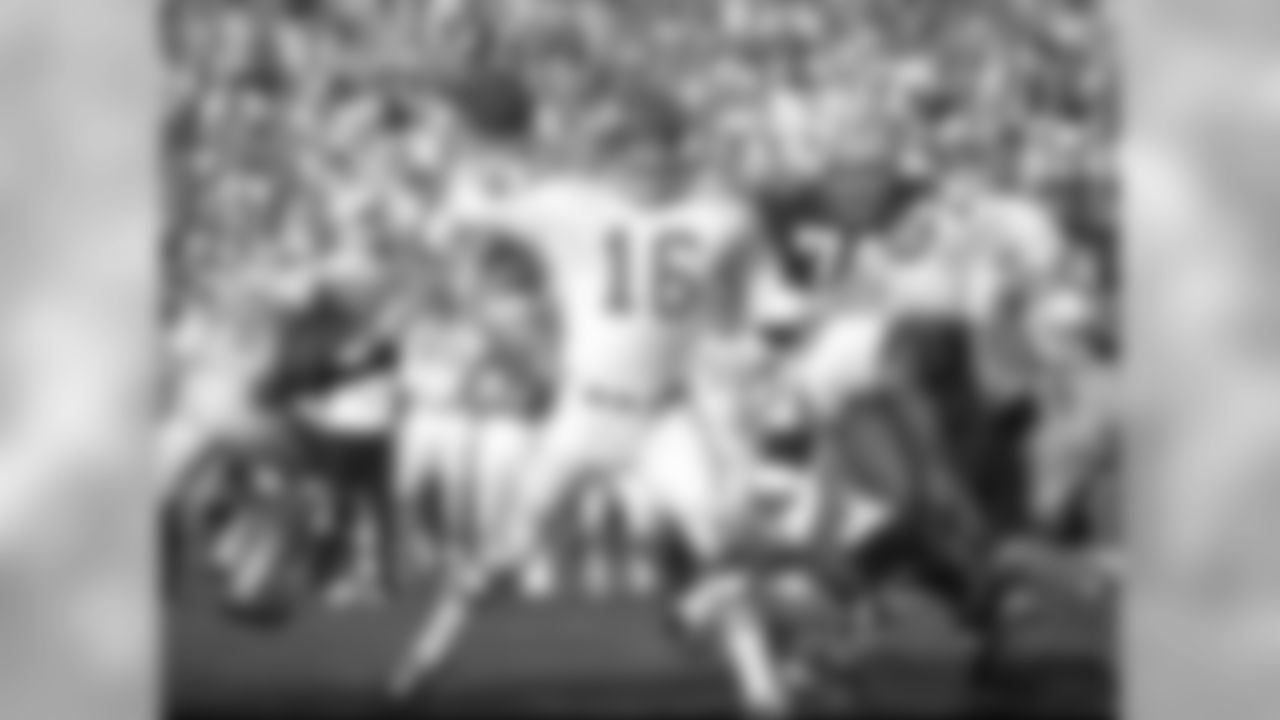
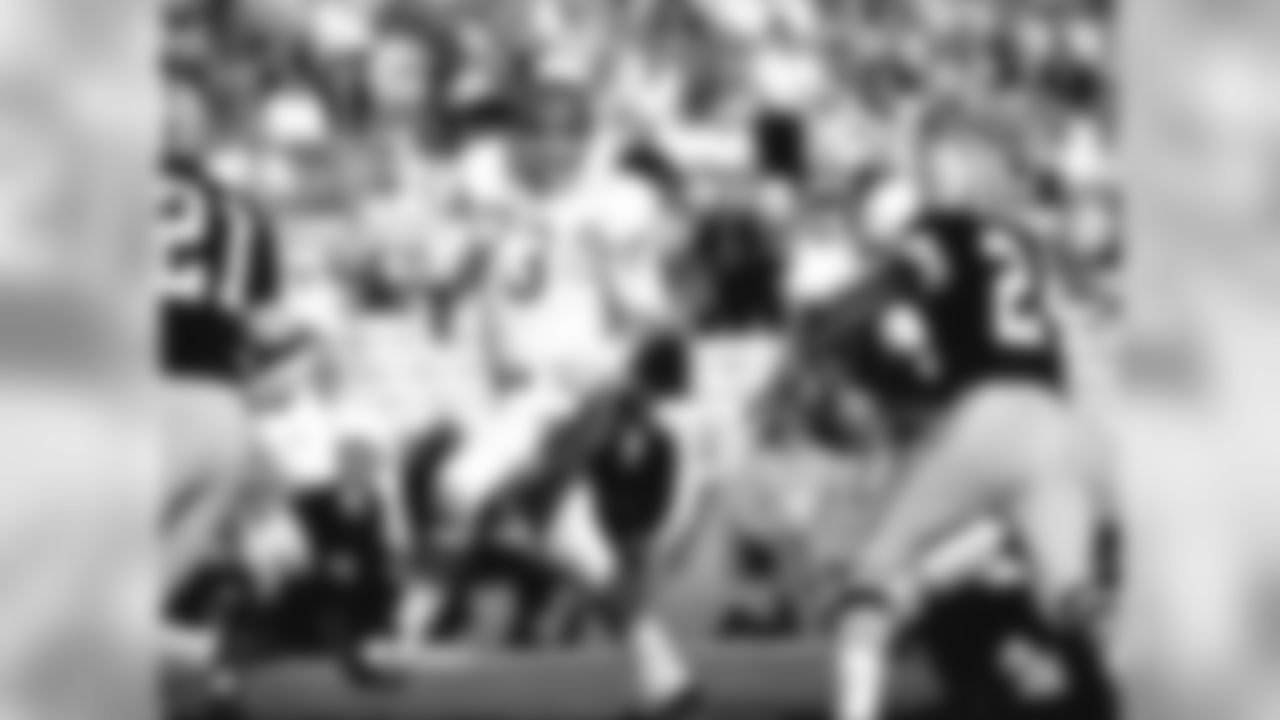
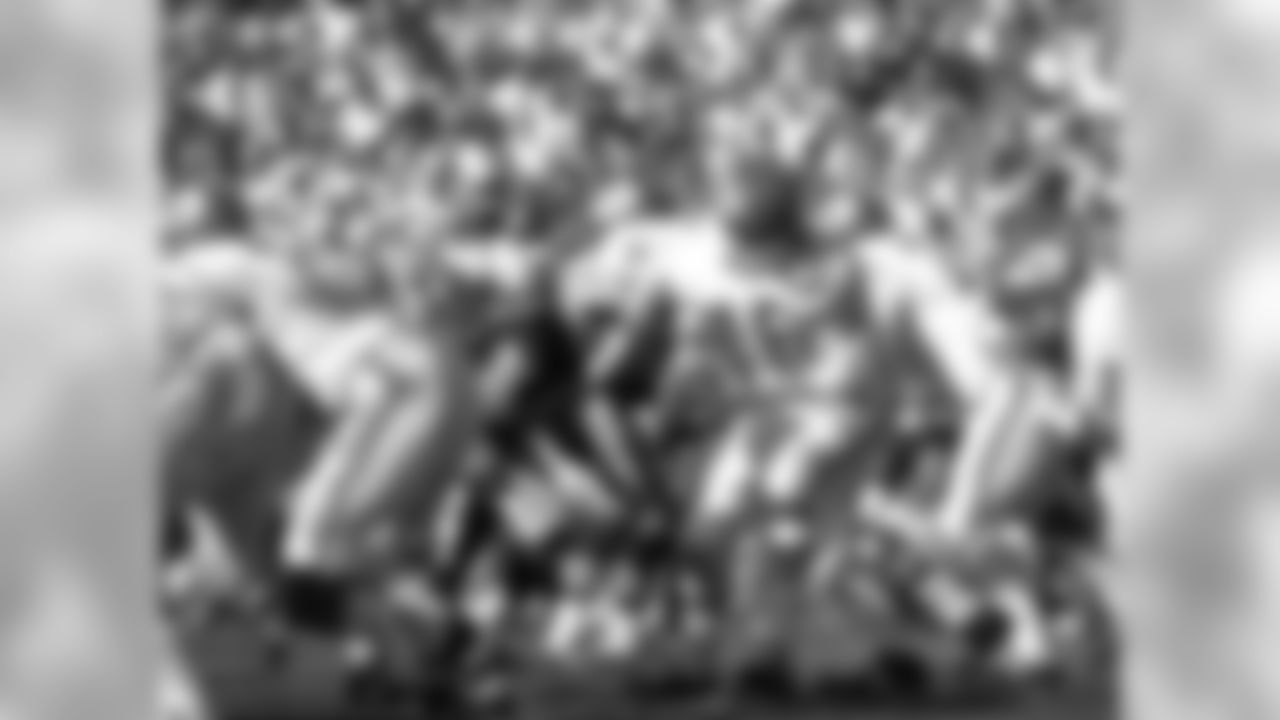
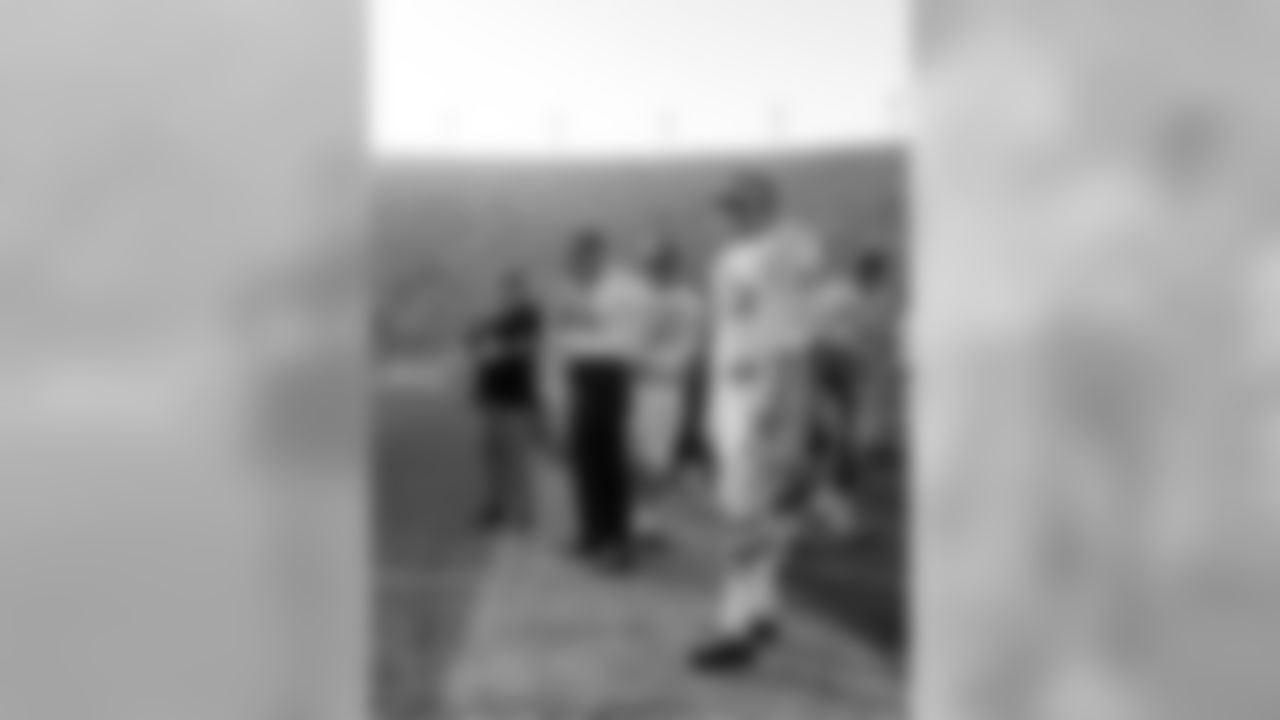
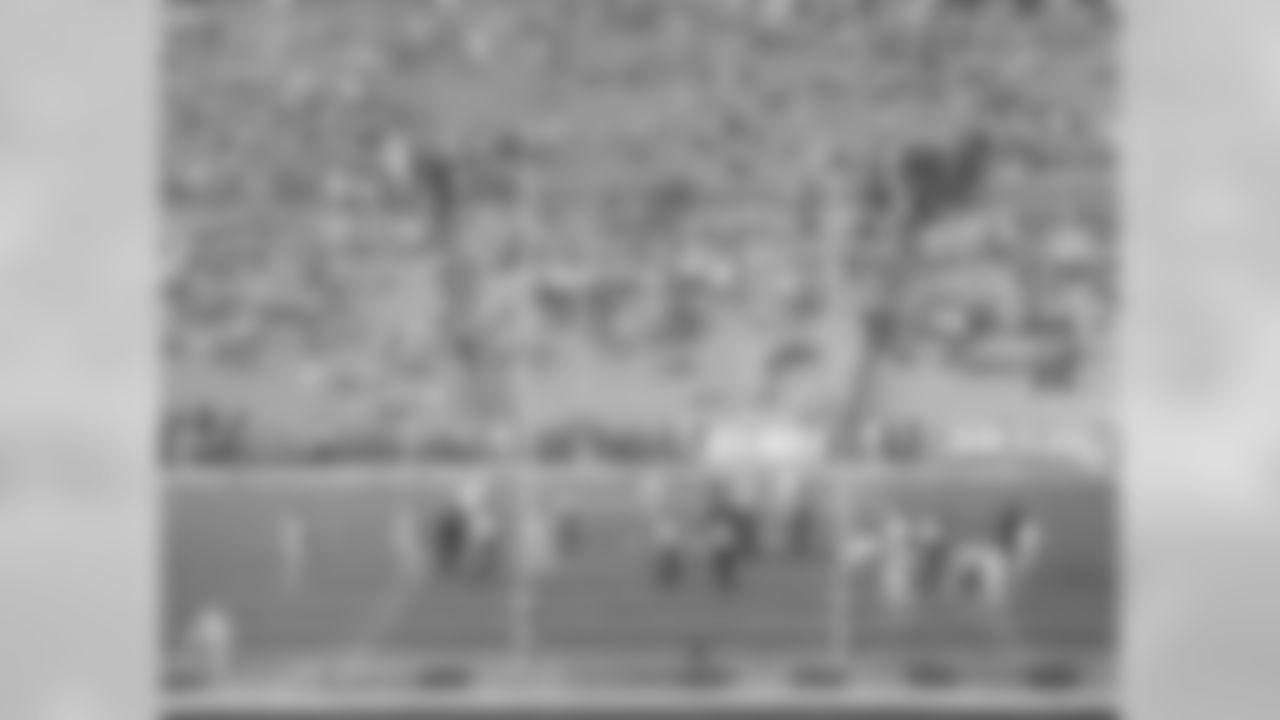
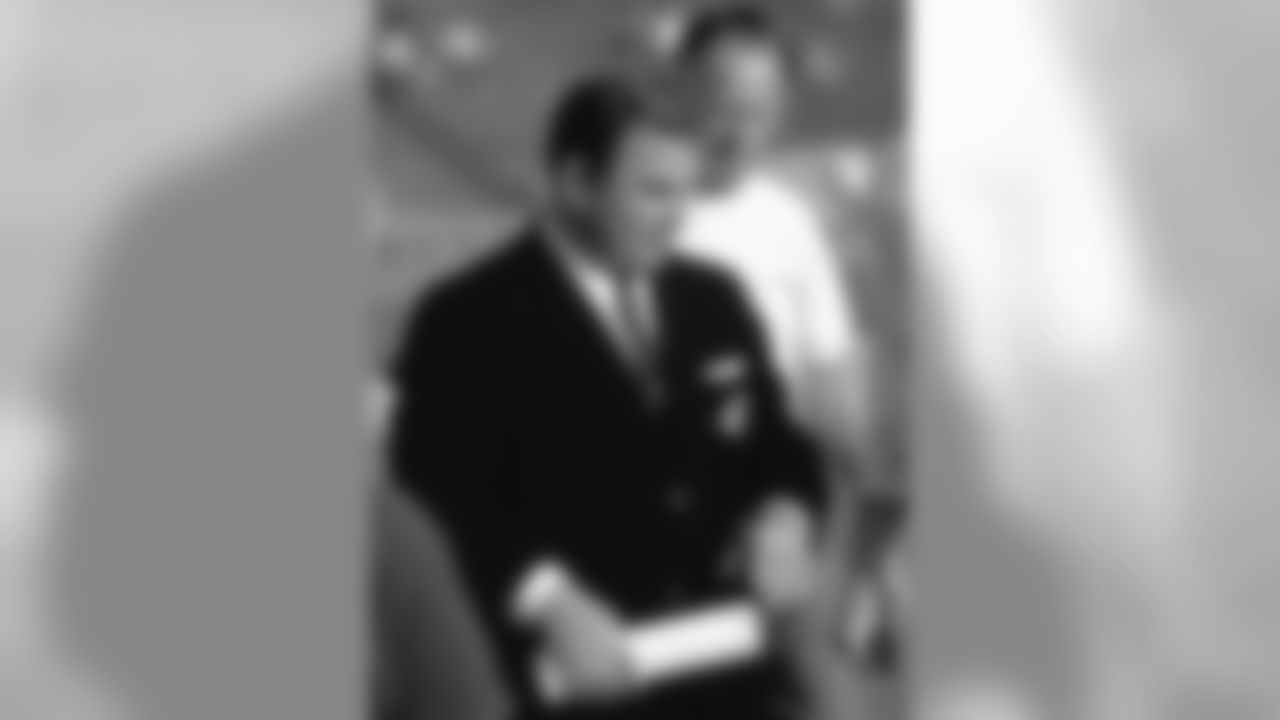
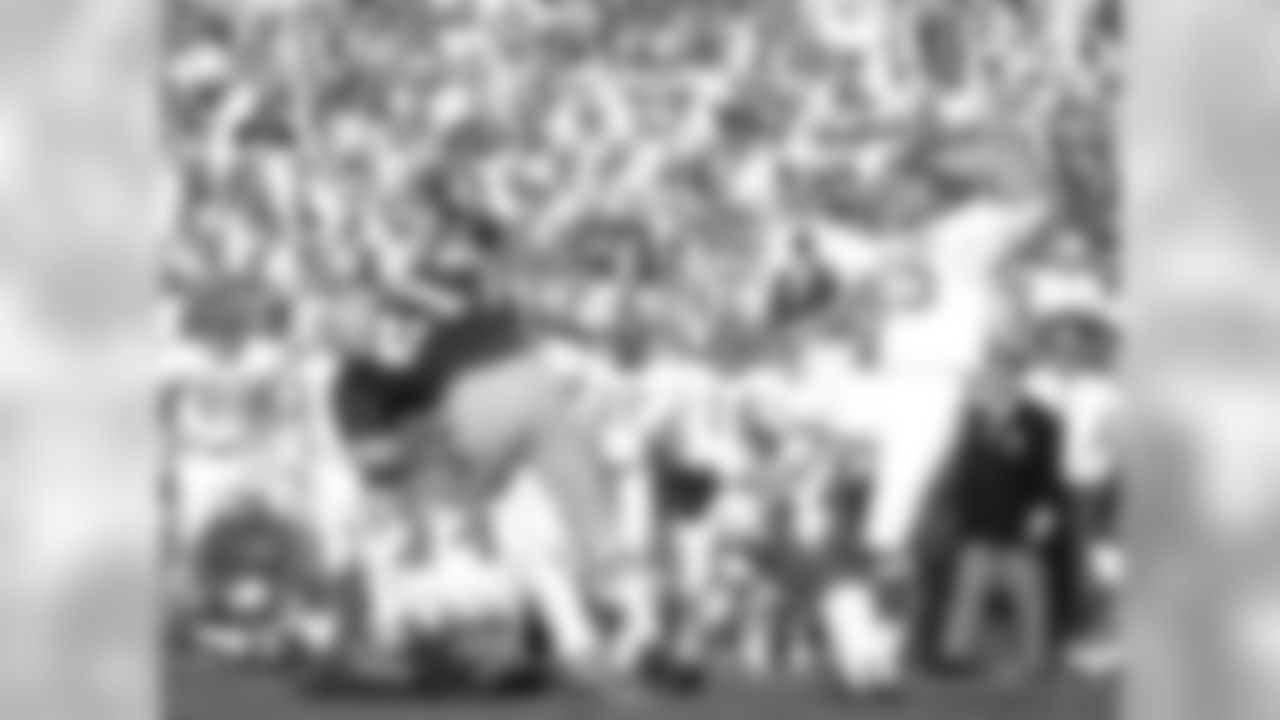
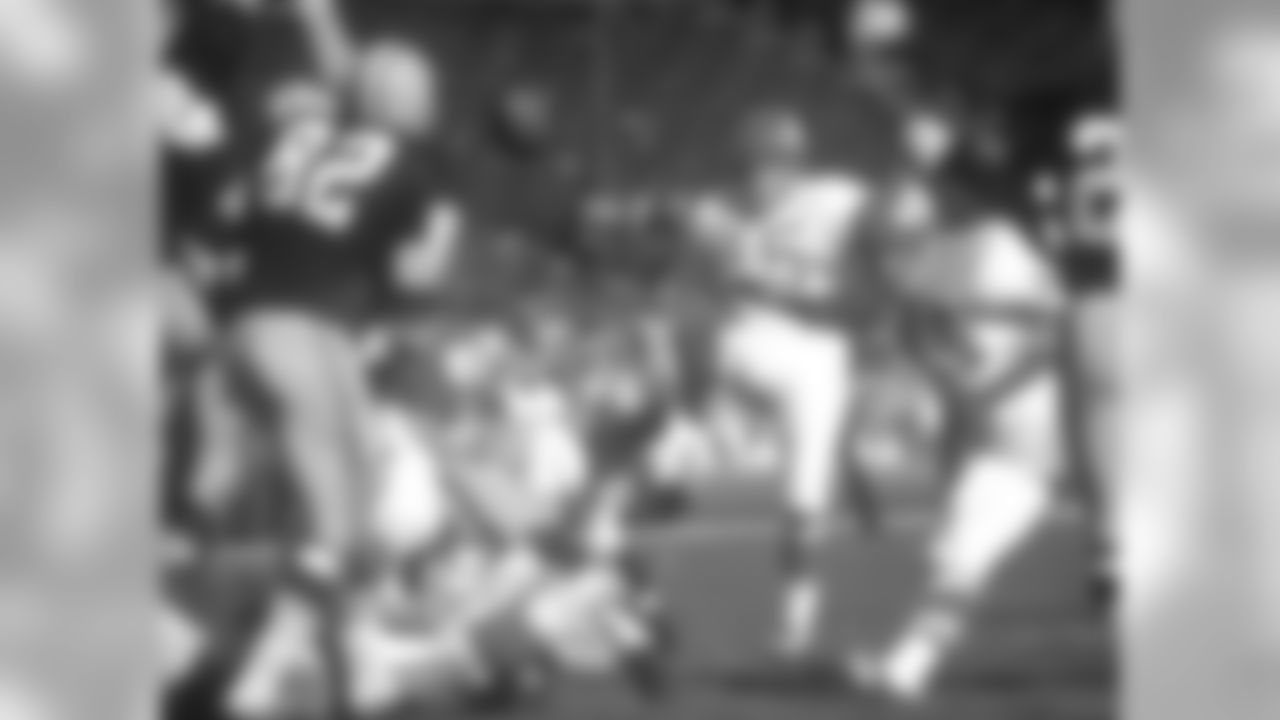
"In the media and amongst most fans, there was a general belief that the AFL was inferior in terms of the coaching, the quality of the quarterbacks and the level of competition," Michael MacCambridge, the author of "America's Game," said.
Super Bowl I meant more than any game in history for the Green Bay Packers and Kansas City Chiefs because the pride of each league was on the line.
"Everything around Super Bowl I was so hyped," former Kansas City Star journalist Joe Posnanski explained. "Basically everybody was telling the Green Bay Packers, 'You don't win this game in a blowout, it says something about you.'"
To the National Football League's dismay, the first half of Super Bowl I was very competitive. Despite outgaining the Packers 189 yards to 179, the Chiefs trailed 14-10, but they were in the game. David's potential to take down Goliath seemed possible—the threat of the upset was real.
"There was a sense of the great Green Bay Packers, who had built this true dynasty, suddenly it all collapsing," Posnanski added.
But that sense, that notion of the earth-shattering upset, disappeared when Chiefs quarterback Len Dawson threw an interception to start the second half.
As three Green Bay defensive linemen broke through the offensive line, Dawson, while off balance, threw to his left. The ball came out wobbling, and Willie Wood, a Green Bay defensive back at the time, took Dawson's pass all the way to Kansas City's 5-yard line.
A play later, the Packers extended their lead with a touchdown.
Green Bay would add on 14 more points in the half as the Chiefs went scoreless, and the Packers won Super Bowl I, 35-10.
That's when Lombardi said what he did.
"I think the Kansas City team is a real tough football team, but it doesn't compare with the National Football League teams."

That quote, that disrespectful, demeaning quote, didn't sit too kindly with Chiefs head coach Hank Stram. Known to be somewhat sensitive, he had taken Lombardi's comments personally.
Because they had been in the Super Bowl, it couldn't have been a long offseason for the Chiefs, but after that, it had to have felt like it.
Stram's feelings about the comment were strong, so much so that those feelings carried over to his players.
In the late 1960s, before the official merger, the only time that AFL and NFL teams met was in the preseason, meaning unless they made the Super Bowl again, which was a difficult feat in the ever-improving AFL, the Chiefs' only real shot at NFL teams all year was in the preseason.
On August 23, 1967 they drew the Chicago Bears in an exhibition game at Municipal Stadium.
"The place that I recognized the seriousness of the Chiefs and the Green Bay loss in Super Bowl I occurred in my rookie year," former Chiefs linebacker Willie Lanier said, "when we played the Chicago Bears in Kansas City."
Stram very clearly wanted revenge.

"Hank, I believe had showed the film or some excerpts from the Super Bowl, had discussed and talked about it I believe that week prior," Lanier added.
The Bears opened up the game by marching down the field from their own 20-yard line and drilling a 35-yard field goal, but that 3-0 lead would be Chicago's last.
Dawson, who according to the Chicago Tribune, had been sick with the flu the week before the game, answered back with a touchdown, and after linebacker E.J. Holub intercepted Chicago QB Rudy Bukich on the ensuing drive, Dawson added another with short field.
The Chiefs scored 29 unanswered points in their 66-24 rout of the Bears.
"It's one of those games where every time Lenny went back to throw a pass, it was a touchdown," then-tight end Fred Arbanas said.
In total, Dawson finished with four as the Chiefs proved they belonged with the likes of the NFL.
"It was as outstanding a performance I've ever seen and I'm sure it really was one of making a statement," Lanier said. "There was quality here and that quality was going to have to be reckoned with at some point."
Three years later, in 1970, the Chiefs won their first Super Bowl, and as the second AFL team in a row to do so, the message became clear.
Lombardi had been wrong in 1967. AFL teams could not only compete with NFL teams.
They could defeat them.













